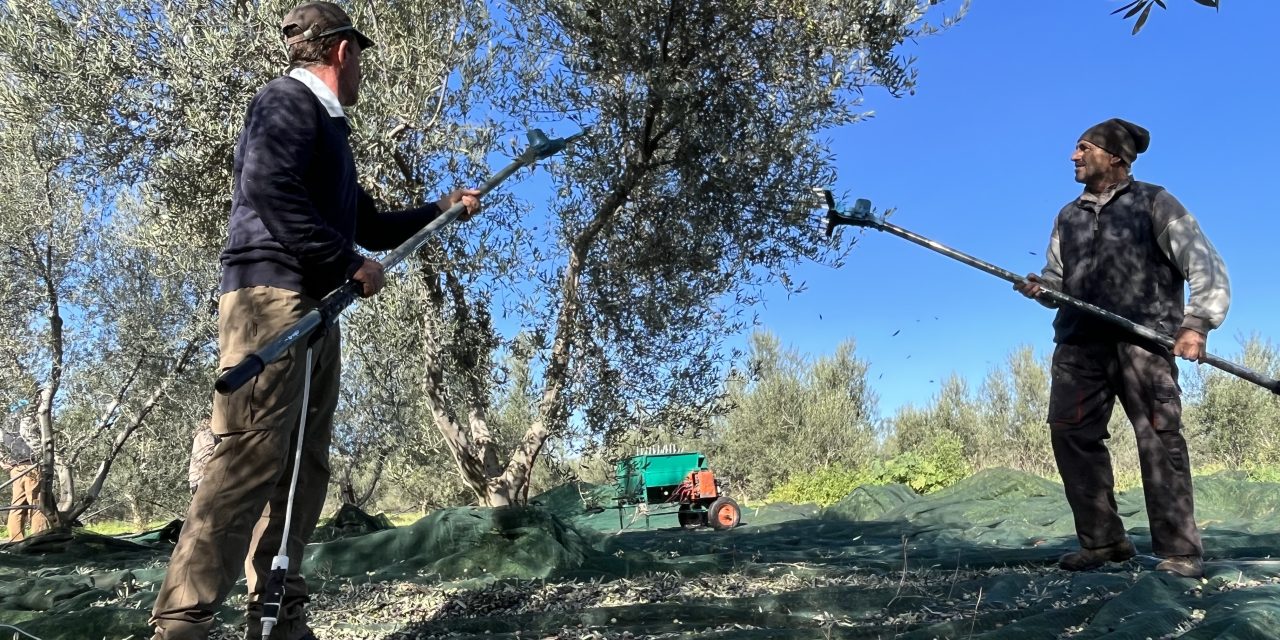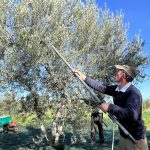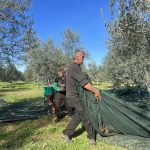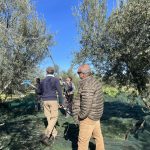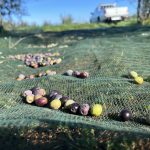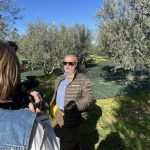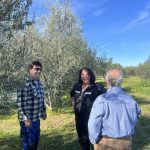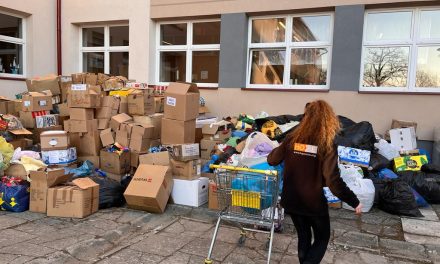Olive oil has deep historical and cultural roots in Greece, making it an integral part of the country’s identity, cuisine, and economy. As the olive harvest commences in some parts of Greece, predictions of a diminished yield amounting to 215,000 tons and unprecedented high prices have elevated the status of olive oil to a precious commodity for both producers and consumers.
Origin prices have surged, ranging between €8.50 and €9.20 per kilogram for low-acidity extra virgin olive oil. Meanwhile, consumers are confronted with prices up to to €16.00 per liter for packaged extra virgin olive oil in supermarkets and other retail outlets.
Struck by climate change, the olive oil industry is taking an economic downfall, affecting not only consumers but olive farms as well. The export of Greek olive oil detects a notable surge of 70% in olive oil prices from early 2021 to September 2023, securing Greece a commendable third place in the EU’s realm of price hikes, overshadowed only by Spain’s 138% and Portugal’s 90% increments. As we delve into the forthcoming 2023/2024 olive oil season, a steep decline in production, from 350,000 tons to a mere 160,000 tons, foreseen by EDOE, Greece’s olive oil industry authority, foretells a formidable challenge.
- Olive harvesting with electrical rakes
- The spanning of nets to catch the olives
- Kostas Liris at the olive grove
- Harvested olives
Theft
Olive oil theft has been a longstanding issue in some regions, posing a threat to both small-scale farmers and larger producers. The extreme increase in olive oil prices, while imposing a disastrous strain on consumers, has unwittingly birthed an unforeseen consequence – a rise in theft. Olive oil, which is now considered as the liquid gold, has stumbled upon a brand new problem. Everywhere in Greece, olive oil trees are getting hijacked from their grounds and are being sold on the black market.
At the Polygyros Agricultural Association in Chalkidiki, an astonishing 37 tons of olive oil from the harvest of the previous season have allegedly been stolen from the association’s facilities. In Geraki, Crete, thieves stole 200 kilograms of olive oil from an elderly man’s home. In Messinia, southern Peloponnese, intruders raided an olive oil mill in Analipsi, taking 100 kilograms of olive oil and causing damage. In Pella, northern Greece, a minimarket owner was arrested for selling dubious olive oil without proper documents; authorities seized 500 liters labeled as extra virgin. These incidents underscore ongoing challenges in the olive oil sector, emphasizing the importance of law enforcement in maintaining industry integrity.
Not only is there theft on the lands itself, but in supermarkets as well. Greek supermarkets now have chains surrounding olive oil shelves to prevent the bottles from theft. These incidents underscore the ongoing challenges faced by individuals and businesses in the olive oil sector, ranging from thefts impacting local producers to the illegal sale of olive oil of uncertain quality in retail establishments. Law enforcement efforts to address such issues play a crucial role in maintaining the integrity of the olive oil industry.
Climate change
The source of all these problems all comes back to climate instability. The usual vitality of spring has been struck down by desert-like weather conditions. While the summer sun intensifies, the olive oil groves are exposed to extreme conditions in which they cannot grow. According to the regional government, the fruit setting of the olive trees is significantly reduced across the peninsula ahead of the 2024 crop year.
This climate narrative is a disaster for Greece’s esteemed olive oil industry. The once-predictable seasons now bear witness to an unstoppable climate force, demanding adaptation and resilience from olive growers. This transformative juncture, where tradition collides with climatic tumult, underscores an urgent need for innovative solutions to safeguard the cultural legacy embodied by these olive groves.
- Kostas Liris
- Amanda Mihopoulou, olive oil mill owner
- Kostas, Amanda and Panagiotis Andrikopoulos, olive grove owner
In this short documentary, we delve into the lives of dedicated olive oil makers who are grappling with the impacts of climate change and a challenging harvest season. Reporters Bibi van Haaren en Mikki Roelofs and camera operator Giulia Checchi traveled to the northern Peloponnese, an area in Greece with many olive groves, to visit olive farmers, olive oil producers and a water management company, whilst being guided by Kostas Liris, a Greek olive oil taster, olive oil sommelier, and agricultural expert.
